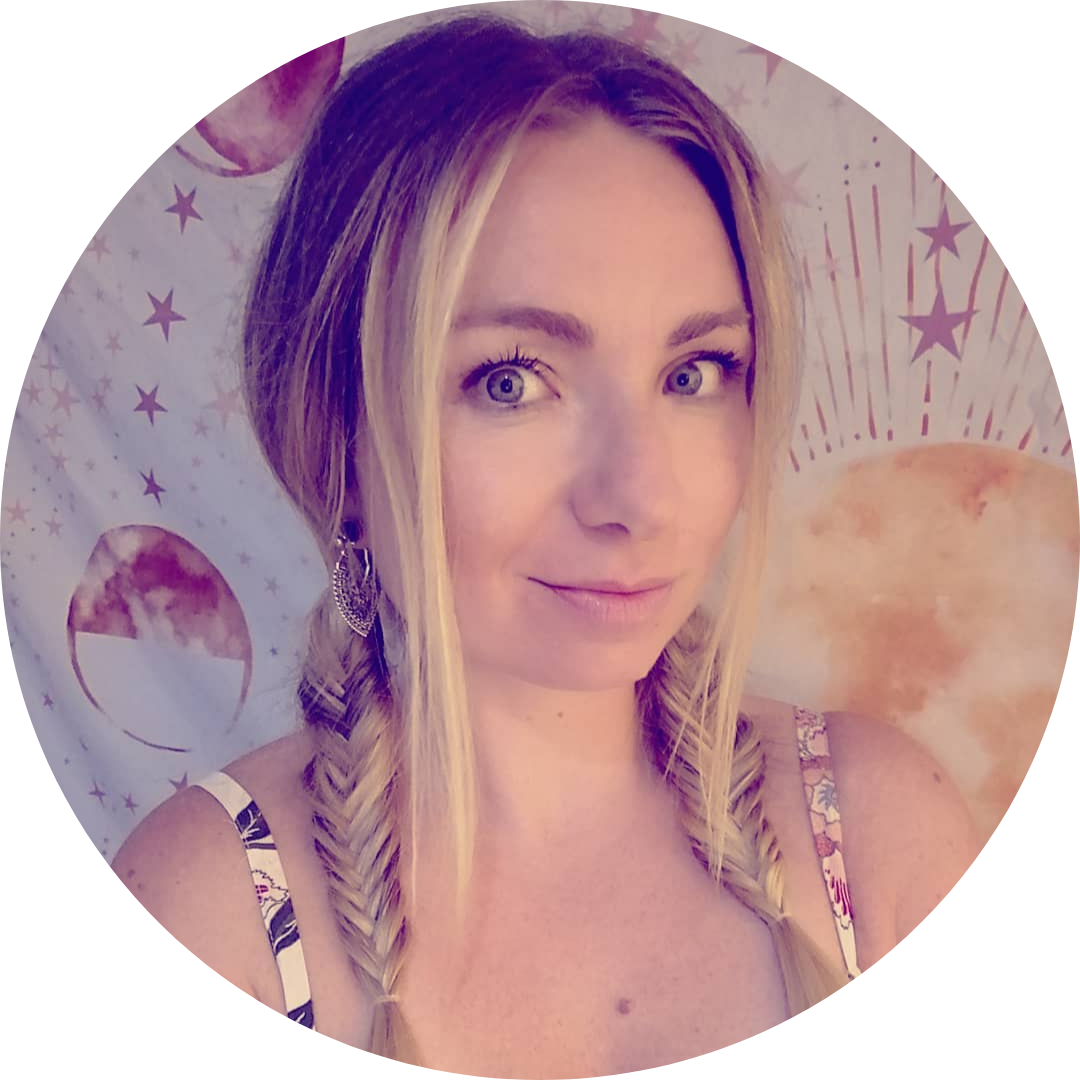"Meditation is not reserved for saints and sages; it is a practice for everyday people seeking peace and clarity in their lives." - Ram Dass
Have you ever felt like meditation is this elusive secret club reserved for the Zen masters of the world? You're not alone. The idea of sitting in silence, attempting to silence the endless chatter of the mind, can feel daunting, if not downright impossible. What if I told you that meditation isn't about achieving perfection or silencing your thoughts completely? What if I told you that you, yes you, can meditate too? Let's dive into this transformative practice together and discover its myriad benefits, debunking myths along the way.
The Boundless Benefits of Meditation:
Stress and anxiety, are words that have become all too familiar in our fast-paced lives. What if I told you that meditation could be your antidote? Research suggests that regular meditation practice may help reduce stress and anxiety, offering a sanctuary amidst life's chaos. Boosting the immune system is an added bonus. Who wouldn't want that? Let's be honest.
Some notable research:
- Jon Kabat-Zinn: Kabat-Zinn is considered the GOAT by many in the field of mindfulness-based stress reduction (MBSR). During the 70's and 80's at the University of Massachusetts Medical School, he laid the foundation for many studies on mindfulness meditation's effects on stress and anxiety.- University of Oxford: Researchers at the Oxford Mindfulness Centre, including Dr. Mark Williams and Dr. Willem Kuyken, have conducted studies on mindfulness-based cognitive therapy (MBCT) for preventing relapse in depression and reducing anxiety symptoms.
- University of California, Los Angeles (UCLA): Researchers at UCLA's Cousins Center for Psychoneuroimmunology, including Dr. Michael Irwin, have studied the effects of mindfulness meditation on immune function. Their research suggests that mindfulness meditation may reduce inflammation and enhance immune cell activity.
Stress, according to Merriam-Webster, is "a physical, chemical, or emotional factor that causes bodily or mental tension and may be a factor in disease causation." Let's focus on that last part: disease causation. In our modern world, where dis-ease seems to be the norm, meditation emerges as a powerful tool for restoring balance and reclaiming our well-being.
Dispelling Myths:
Contrary to popular belief, there's no right or wrong way to meditate. Yes, you read that correctly. Even the most seasoned practitioners experience what's often termed the "monkey mind" — a flurry of thoughts bouncing around like, well, monkeys. And guess what? That's perfectly okay. Meditation isn't about reaching enlightenment on your first try or adhering to a specific religious doctrine. It's about embracing your unique journey and cultivating non-judgmental awareness.
Do you need to have long hair, be barefoot, and be carefree to meditate? Absolutely not. Meditation is for everyone. Nor does it need to be something that you dedicate hours of your day to. Meditation can be done in short sessions while still reaping the benefits from it.
Have you ever fallen asleep while meditating and felt guilty? You shouldn't. Falling asleep during meditation can indicate that your body and mind need rest and relaxation. It can serve as a signal that you were able to let go of tension and stress, even if only momentarily.
I want to address these myths because I have heard them time and time again while frankly, they just aren't beneficial for anyone. I'd like to dispel them so that you may approach this practice with an open mind while having a realistic understanding of how easily it can benefit you.
Overcoming Challenges:
Wandering thoughts? Check. Impatience? Check. We've all been there. Fear not, for there are strategies to navigate these common hurdles. From maintaining focus to fostering self-compassion in the face of difficulty, meditation empowers you to meet challenges head-on with grace and resilience.
I remember learning to accept my thoughts as they came up. I learned to picture them as a cloud and allow them to float on by, without getting discouraged that they were there in the first place. Invite yourself to allow this process to unfold with acceptance and grace.
There is a style of meditation called “Do Nothing”. This might be helpful for a beginner. Instead of actively focusing on something such as a specific object or mantra, one would allow the thoughts to flow freely. It is a light feeling that relaxes the meditator since there is no emphasis on control. It is also a style that I enjoy and sets the tone for a wonderful day or a great night's sleep, depending on when the meditation takes place.
Creating Your Own Practice:
Picture this: a cozy corner of your home bathed in soft light, a cushion beneath you, and a sense of calm enveloping you. This is your sanctuary, your space for meditation. Experiment with different positions, set intentions, and explore tools like essential oils, sage, or incense to set the tone.
You can have fun with this. Some people create a dedicated area in their home or office. Others just sit up on their bed, or on their floor. If you feel adventurous you could try it in the woods or near a waterfall. One of the most blissful meditations I can remember was as I sat near a waterfall and inhaled the negative ions that flowed into my lungs from the water cascading off of the falls. It was truly magical.
It doesn't have to look a certain way, it can be what you make it. Your practice is uniquely yours, so give yourself permission to make it a reflection of your inner journey.
Beyond Meditation:
Meditation isn't confined to sitting in stillness. Embark on walking meditations, delve into breath work, or immerse yourself in the rhythmic chants of mantras. Engaging in creative activities such as drawing, painting, or sculpting can be a form of meditation. The focus is on the process of creating rather than the outcome, allowing for a sense of flow and presence. The possibilities are as boundless as your imagination.
If that isn't enough to convince you, here are a few notable names you might recognize, who openly advocate for meditation and use their platforms to share its benefits with the world: Arianna Huffington, Joe Rogan, Oprah Winfrey, Tom Brady, Jim Carrey, Sheryl Crow, Michelle Obama, Sting, Paul McCartney, Lady Gaga, 50 Cent, Liv Tyler, Dr. Oz, Cameron Diaz, Clint Eastwood, Jennifer Anniston, Paula Abdul, Russell Simmons and Tony Robbins, Just to name a few. These individuals are helping to destigmatize mental health practices and inspire others to incorporate mindfulness into their own lives.
In the grand tapestry of life, meditation serves as a thread, weaving together moments of peace, healing, clarity, and self-discovery. So, dear reader, I invite you to take a leap of faith, to embrace the journey of meditation with open arms and an adventurous spirit. For in the ease and stillness of your practice, you may just find the most magical adventure of all — the journey back to yourself.
Connect with Jillian
Website: https://wildrootsholistics.my.canva.site/
Facebook: Wild Roots Holistic
Instagram: @wildrootsholisticappalachia


